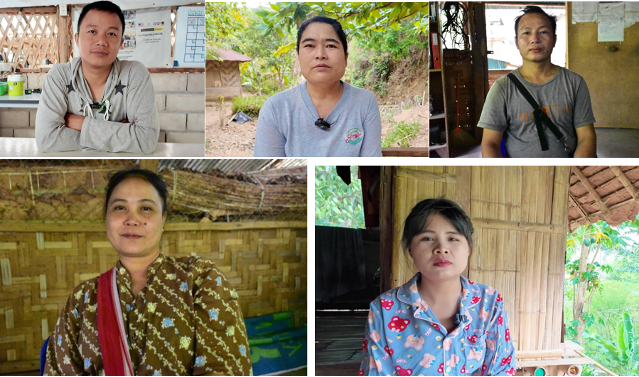On 31 March, The Border Consortium (TBC), the main provider of food aid to displaced people in nine camps along the Thai-Myanmar border, announced a four-month reduction in its food aid program from April to July.
An 80 percent cut in food aid for displaced people took effect on 1 April. Before the reduction, children under the age of four received between 180 and 280 baht per month, but now receive only 40 baht. According to internally displaced persons (IDPs), those aged five and above previously received between 300 and over 400 baht per month, but this has dropped to just 87 baht following the cuts.
In its announcement, TBC stated that it will continue exploring solutions to address the emergency situation and seek long-term funding. The organization also pledged to restore the reduced food assistance as soon as new funding becomes available.
The following is a collection of voices from some internally displaced persons (IDPs) in Karenni IDP Camp No. 2 (Ban Mae Surin) on the Thai-Myanmar border. They share the difficulties and challenges they expect to face if regular food assistance is no longer provided. The displaced population in the camp relies almost entirely on food aid from the TBC.
Mu Ka Paw Say
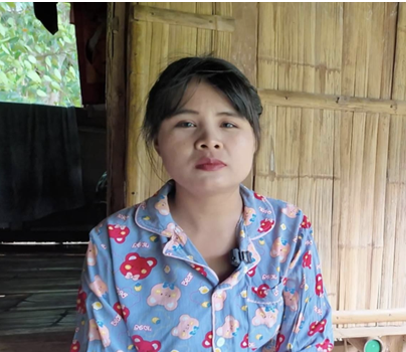
In the past, I got enough rice aid. The rice I received would last us for an entire month. But now I can’t even buy a single bucket of rice. I have difficulties. We have no money to buy rice as we have no job. We can do other jobs while we are staying here. Sometimes, I make and sell snacks, and I’m considering relying on that more to help cover some of my living expenses.
Saw San Htoo
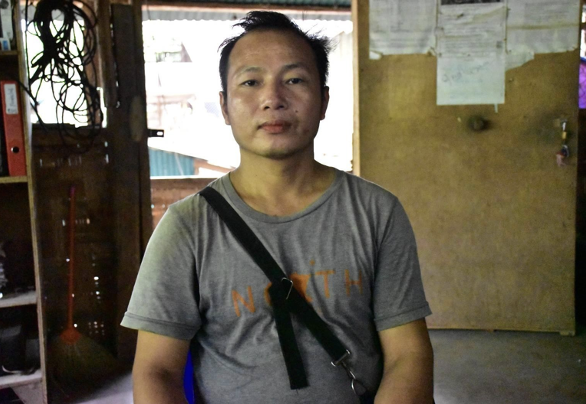
I only receive 87 baht now, and that’s not nearly enough to support my entire family. For example, I work at the Karenni Health Department (KnHD) and earn between 1,000 to 2,000 baht a month. With TBC reducing food supplies, I struggle to decide whether to buy rice or oil. Sometimes I wonder if I should quit my job and look for work elsewhere—maybe my life would be better. It’s a tough situation. Even with just two family members, it’s challenging. I can’t imagine how much harder it is for families with more members. Some families have no jobs at all and rely completely on TBC’s food rations. I don’t know how they’re surviving with the reduction in aid. I’m really worried.
Daw Nae Myar
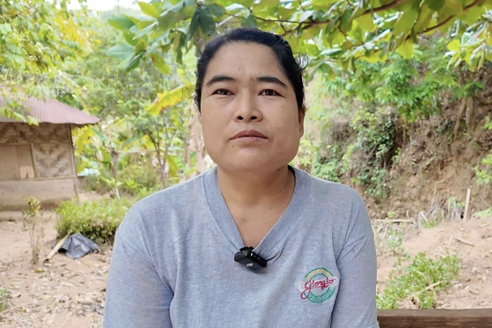
I have a lot of difficulties. Our difficulty is that I have no job. I also have children who are of school age. I’m not educated enough to find work, so I have to take whatever job I can. I don’t have enough money to buy rice. Sometimes, I have to pick vegetables to survive. In the past, I could afford to have chicken bones once a week, but now I can’t even afford that. Now, I can’t even afford to cook dried fish.
Saw Eh Ka Le Se
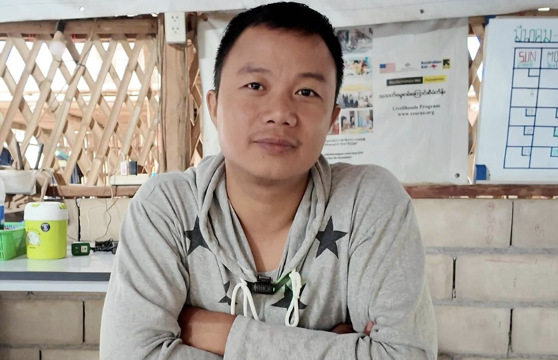
From my personal view, if the aid reduction continues, there could be challenges in the education sector. Parents will be forced to focus on providing food, clothing, and other necessities for their children. So, as I mentioned earlier, should we go out and find work? It’s a difficult topic, though. In reality, working outside the camp is illegal. But I can’t say whether they will do so with understanding. If this aid reduction continues, will families be able to keep their children in school? We’re really concerned about that.
Daw Nae Mae
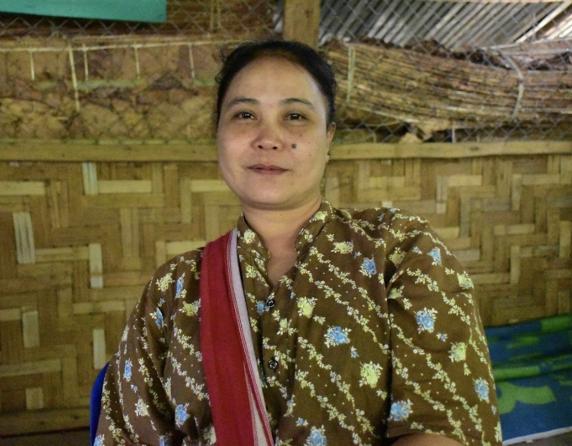
It’s not enough, but I can’t say for sure. However, I think the situation will return to normal by the end of July.
Sent by Kantarawaddy Times

